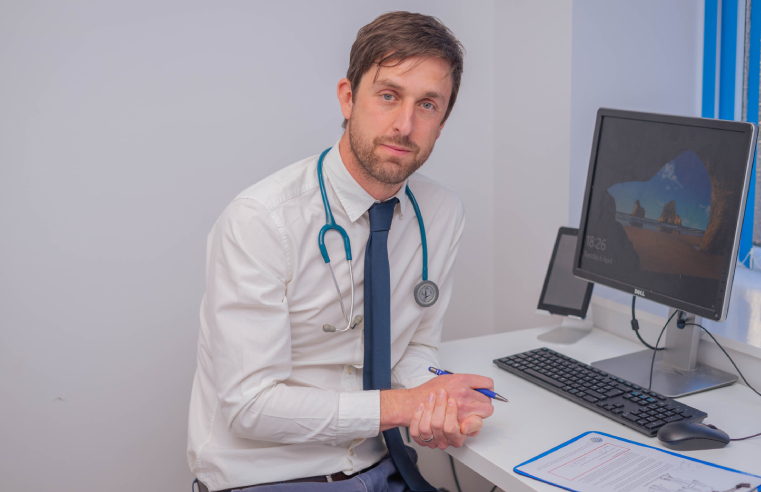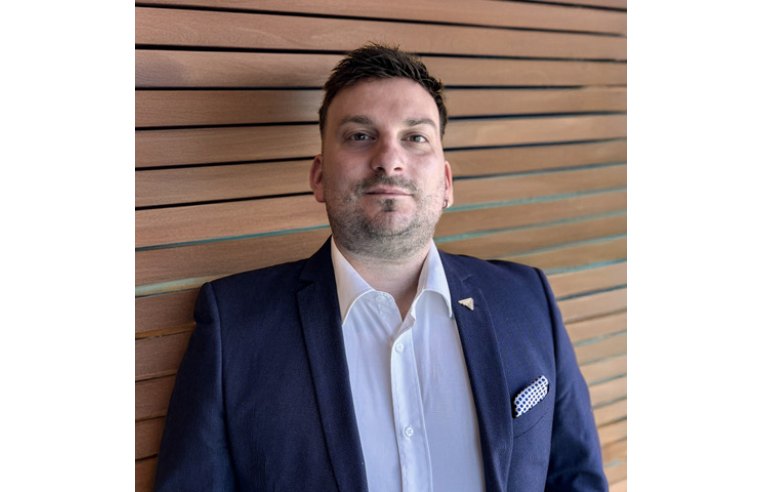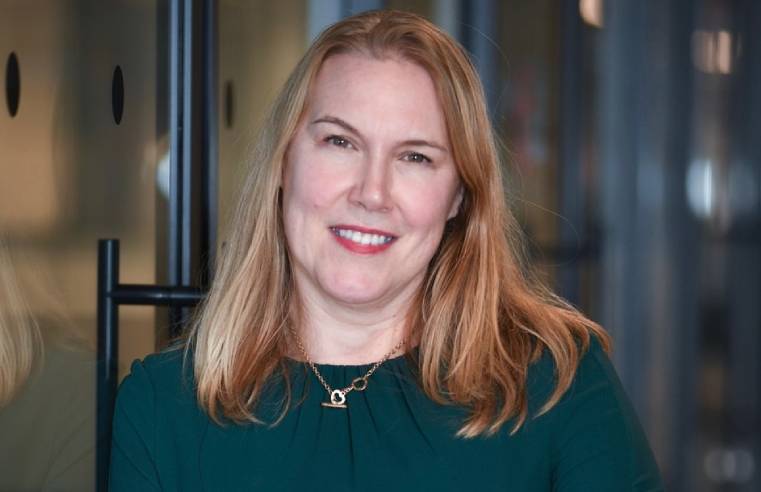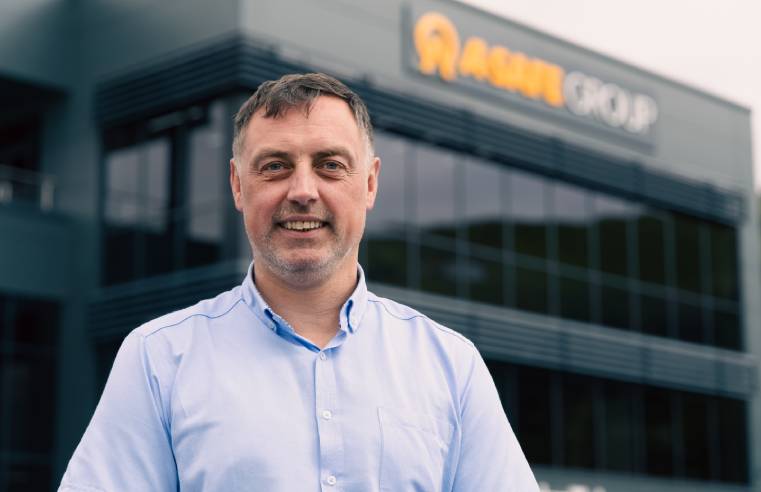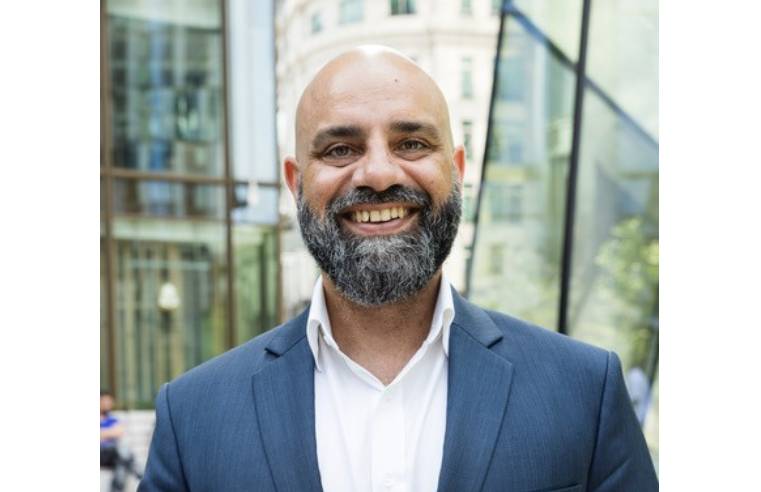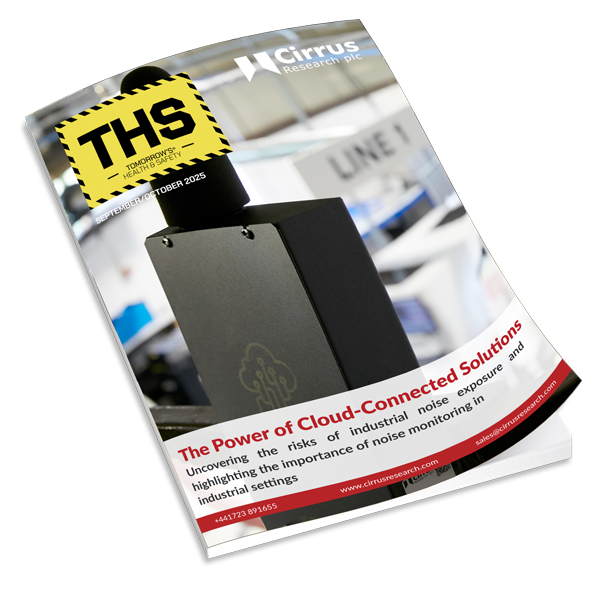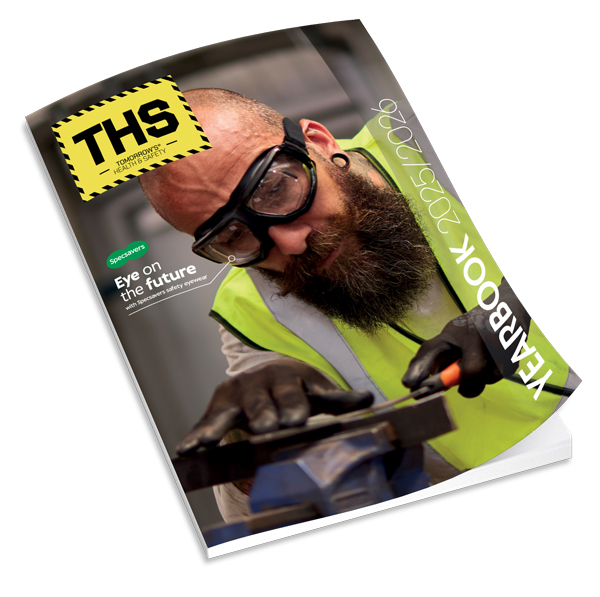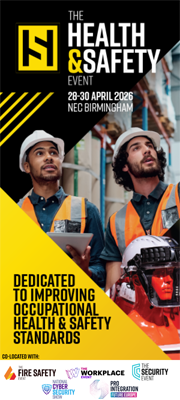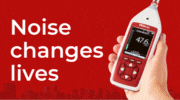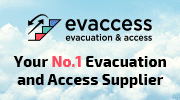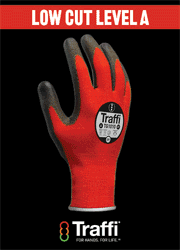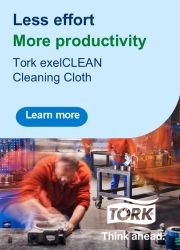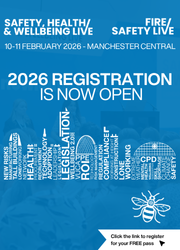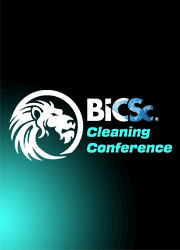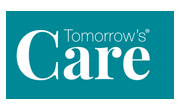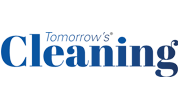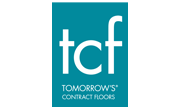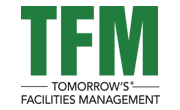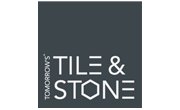Phil Jackson-Taft, Occupational Health Nurse at OH One, looks at employers' responsibilities regarding health surveillance and the challenges of ensuring HSE compliance in a post-pandemic world.
With the news that the HSE has announced that it has not extended the deferral period for health surveillance, employers can once again find themselves facing hefty fines if they fail to provide employees with the necessary health surveillance. For businesses in hazardous industries which have not undertaken a check within the last 12 months, it is now a priority.
Health surveillance is a legal requirement if you have employees who are exposed to specific workplace hazards, such as noise, vibration, radiation, asbestos, lead solvents, fumes, dust, and other substances hazardous to health.
According to Health and Safety Executive (HSE) guidelines, employers must put in place ‘systematic, regular and appropriate procedures to detect early signs of work-related ill health among employees exposed to certain health risks, and act on the results’. For example, if employees are exposed to high levels of noise, then your employee needs to have regular audiometry tests.
The HSE responded to the limitations of lockdown by imposing a hiatus on health surveillance to protect both OH practitioners and employees from ‘non-essential’ contact. Quite often, this kind of occupational health (OH) work requires face-to-face appointments to be done effectively. Understandably, the focus at the height of the pandemic was to safeguard everyone from COVID-19 infection, so health surveillance found itself very much on hold.
However, as infection numbers have continued to drop and the vaccine rollout has progressed, that period of grace is now at an end, and for employers this means a full return to completing regular health assessments for your workforce where a risk has been identified.
The problem with health surveillance is that it is not everybody's idea of a thrilling subject and too often is viewed as a tick-box activity - with potentially catastrophic consequences, as manufacturing giant Saint Gobain discovered to its cost.
Just weeks ago, it was fined half a million pounds after several of its workers were diagnosed with hand-arm vibration syndrome (HAVS). Saint Gobain was found to have failed in two key areas - failure to act on health surveillance information, and having 'inadequate' health surveillance in place. The ‘failure to act’ point is crucial, as health surveillance depends on everyone understanding their responsibilities.
Health surveillance responsibilities
Managers or health and safety representatives must be conducting suitable and sufficient risk assessments, informing occupational health or management of the need for health surveillance, ensuring all employees are registered on the appropriate health surveillance programme, recording and maintaining health surveillance results, and ensuring prompt referral to OH if employees report ill-health symptoms relating to their working environment.
In turn, occupational health providers must ensure the level of health surveillance is appropriate, report the results of all health surveillance carried out back to the employer, refer for appropriate clinical interventions, and advise about necessary workplace restrictions. It is also important for OH professionals to report any occupational diseases identified through health surveillance to the HSE. Any breakdown in this vital chain of communications leaves employees at risk and employers open to heavy fines and future litigation.
The second charge levelled at Saint Gobain - its 'inadequate' health surveillance - is something we are encountering more and more, from companies of varying sizes, from smaller SMEs to blue-chip businesses. Keen to put a tick in the box, people are failing to ensure health surveillance is undertaken by accredited OH providers and fully qualified individuals. Anecdotally, we have even heard cases of local GPs offering health surveillance to companies.
This puts you at risk of not getting the right advice. Health surveillance is required for an ever-growing list of classifications of substances or environments and the knowledge to deal with this does not fall under a general practitioner's remit. By its very nature, health surveillance requires specificity and the ability to relate to a particular aspect of health or health risk.
In 2020, motor sales company Perry’s Motor Sales was fined, alongside its external health and safety consultants S & Ash limited, for safety breaches after a worker developed Hand Arm Vibration syndrome. S & Ash Ltd (previously known as Sound Advice Safety and Health Ltd.) was appointed by Perry’s to provide health surveillance for its employees.
The HSE’s investigation found that following the health surveillance, S & Ash Ltd failed to provide suitable and accurate advice to the employer and also did not inform the employee of the results of his health surveillance, even when he made a request to see his results. After the hearing, HSE inspector, Heather Cunnington, said: “Occupational health providers are in a unique position in safeguarding the health of employees and must provide accurate reports to employers following HAV health surveillance. Employers must act on these reports.”
What the fate of Saint Gobain and Perry’s Motor Sales demonstrates is that you might have some form of health surveillance in place – but this in itself does not protect you from HSE sanctions. If your health surveillance is inadequate or advice is not acted upon, the fines will be equally harsh.
As lockdown lifts after a hugely testing year, there is a desire from most companies – and people – to return to business-as-usual. The temptation is to ensure that workplaces are ‘COVID secure’ to get teams working and productive as soon as possible, but in the rush to resume normal operations and to tick the COVID secure box, the inevitable backlog in health surveillance should not be overlooked.
Health surveillance specialists have spent the last year adapting their services and undertaking risk assessments to ensure that, once the HSE deemed it appropriate, professional health surveillance assessments could begin again in a Covid-secure way.
With its grace period at an end, the HSE is also resuming ‘business as usual’. With the threat of heavy fines also returning, it makes sense to seek the advice of a fully-trained and medically-qualified team to deliver assessments onsite at your company, at times to suit you and your employees, to ensure your workforce is fit to work, and that you, as an employer, are fully compliant.






